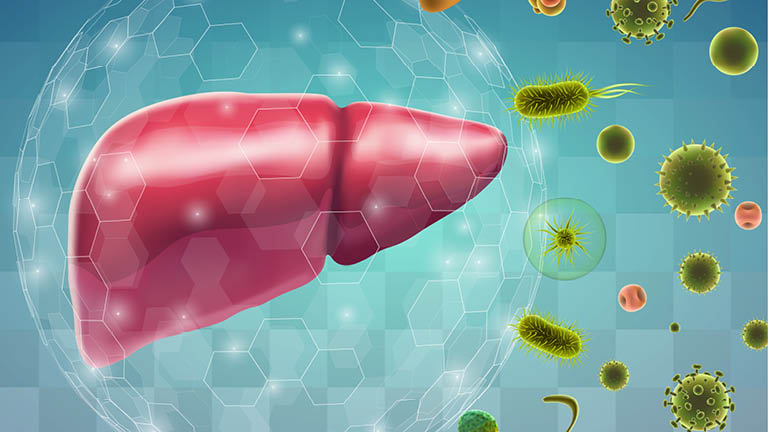Hepatitis
How to Protect Ourselves Against Hepatitis?

Vaccines developed for hepatitis A and B virus, pay attention to personal hygiene, safe food and a strong immune system are important to protect against hepatitis. Unhygienic conditions can predispose to the transmission of hepatitis (especially Hepatitis A). Your food safety is as important as hand hygiene. Shellfish, pastry products not prepared properly, raw vegetables and salads prepared from them, unpasteurized raw milk and dairy products and unpasteurized fruit juices can cause hepatitis. Apart from these, care should be taken that the hand tools used for the manicure and pedicure in the hairdresser and the tools used in the tattoos and piercings are sterile.
What Is Hepatitis?
Hepatitis; It is a disease that can occur as a result of viruses (such as viruses A, B, C, D, E), uncontrolled drug use, long-term alcohol use or exposure to harmful chemicals, and is simply defined as liver inflammation. Hepatitis caused by viral causes are contagious. Hepatitis A and E can be transmitted by unhygienic water and food. Hepatitis B, C, D can be transmitted by blood and body fluids. Hepatitis can cause cirrhosis, liver failure, or cancer in some people. However, it is possible to avoid hepatitis and its bad consequences by taking the necessary precautions.
Be Careful When Getting Tattoo And Piercing!

Tattoo or piercing with non-sterilized instruments; It can cause widespread transmission of diseases such as Hepatitis B, Hepatic C, AIDS.
Don't Neglect The Hepatitis Test!

About 20 thousand people lose their lives each year due to hepatitis B and hepatitis C related liver cirrhosis and cancer in Turkey. At least 80 percent of patients with the disease are unaware of the situation. Vaccination is very important. Everyone should definitely have hepatitis B and C tests, those who have a positive test result should consult a specialist, and if necessary, start treatment immediately. Because early diagnosis and treatment prevents the development of cirrhosis and cancer, saves lives.
Can Hepatitis B And C Patients Have Renal Transplantation?
Today, the number of Hepatitis B and C patients is gradually decreasing due to effective prevention, vaccination programs and the availability of newly developed drugs. If the liver functions of patients with hepatitis are not bad enough to cause cirrhosis, Hepatitis B and C patients can have kidney transplantation, as well as combined liver and kidney transplants due to positive advances in surgical techniques and intensive care conditions..
